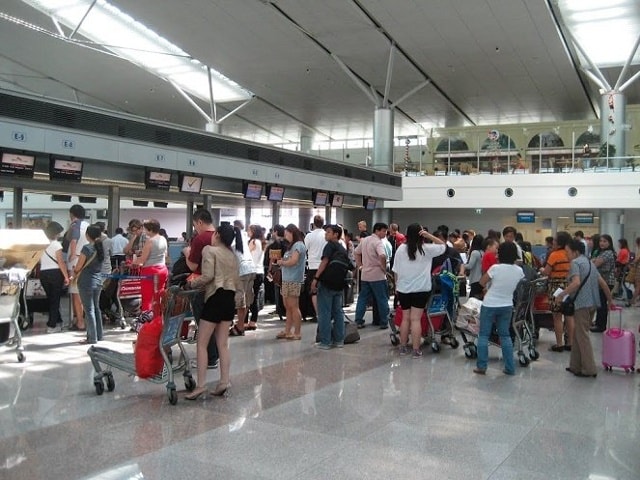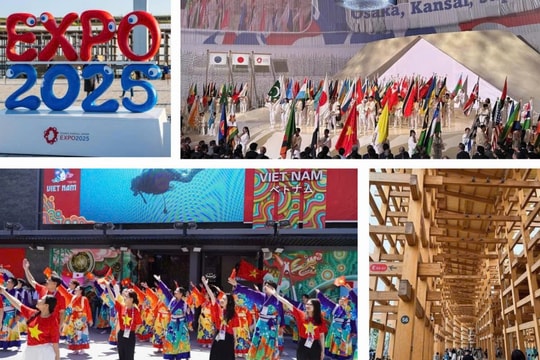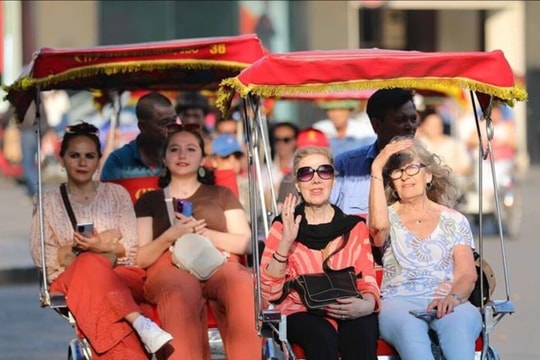Airline Passenger Handbook
The Civil Aviation Authority of Vietnam has compiled and issued the "Air Passenger Handbook" to provide additional information for passengers traveling by air.
This handbook compiles content related to practices, customs and regulations related to international and domestic air transport, to help passengers prepare for a safer and more convenient air travel.
Specifically, before the flight, passengers can book through ticket offices, ticket agents, through airlines' websites or booking software for mobile devices.
There are many types of tickets with different prices for passengers to choose from, each type of ticket has certain conditions of use. When buying a ticket, in addition to checking the information on the ticket such as name, itinerary, departure date and time, passengers should carefully study the conditions of the ticket (can the flight, name... be changed? If so, do I have to pay more? How to refund the ticket?...).
Passengers must have valid identification documents when flying. For international flights, passengers must have passports, visas and other documents as required by the authorities of the countries of departure, transit and destination.
For domestic flights, passengers can use the following documents: Passport or travel document, identity card, citizen identification card; identification card, certification of the armed forces; National Assembly Delegate card; Party membership card; Journalist card; car or motorbike driving license; personal identification certificate confirmed by the police of the ward or commune where they permanently or temporarily reside, birth certificate (for passengers under 14 years old), birth certificate (for passengers under 1 month old)...
Airlines currently check in passengers in three ways: Traditional check-in counter, self-check-in kiosk at the airport, and online check-in by airlines (web check-in, mobile check-in).
For international flights, passengers will have to go through exit procedures after completing the airline procedures. Passengers should note the validity of their passports. For some countries, passports must be valid for at least 6 months to be accepted for entry procedures. Regarding visas, some countries not only require an entry visa but also a transit visa.
 |
According to Vietnamese law, passengers when exiting or entering Vietnam through international border gates with a passport carrying foreign currency in cash, Vietnamese Dong in cash over the prescribed level of 15 million VND or foreign currency over 5,000 USD or other foreign currencies of equivalent value must declare to customs at the border gate.
Passengers can refer to Circular No. 15/2011/TT-NHNN regulating the carrying of foreign currency and Vietnamese Dong cash by individuals when exiting and entering the country, posted on the website of Vietnam Customs (www.customs.gov.vn).
Passengers should carefully read the regulations on bringing objects and items into the countries they will visit (some countries prohibit bringing food, plants, etc. upon entry).
In addition, at each airport in Vietnam, there is an Airport Authority, which is the agency responsible for state management of civil aviation. This agency is also responsible for resolving complaints and opinions related to the quality of services at the airport, staff attitudes, and legal regulations in the aviation sector. In case of complaints or opinions, passengers can contact the Airport Authorities via hotlines.
According to Tuoitre
| RELATED NEWS |
|---|








